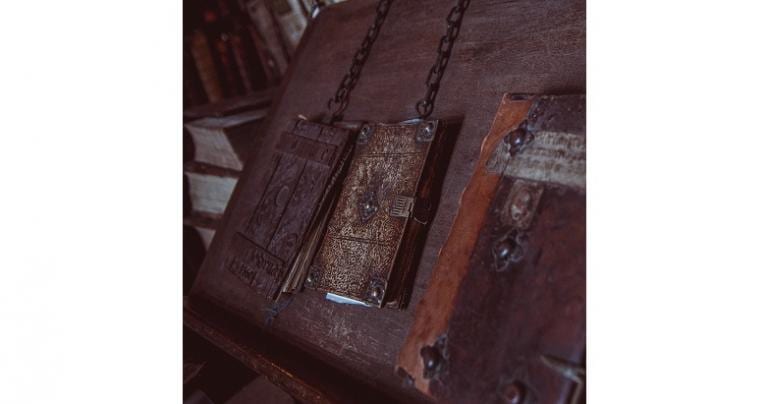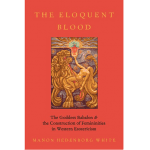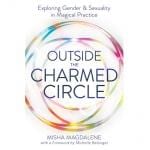Hello, beautiful creatures. Earlier today as I write this, super-famous fantasy author J.K. Rowling, creator of the “Harry Potter” universe, blatantly outed herself on Twitter as a transphobe, in a move which seemed to shock everyone on the Internet…

The context of Rowling’s comment is important, so I want to dig into it a little. She’s referring to a recent court case in the U.K. in which an employer declined to renew a cis female employee’s contract after discovering transphobic comments on her Twitter account. The employee filed a complaint in court, claiming that her beliefs were being violated, and lost. Opponents of this ruling are citing this as a violation of the former employee’s free speech rights, which is a misreading of the case. In the ruling, the judge commented, “…it is a core component of her belief that she will refer to a person by the sex she considered appropriate even if it violates their dignity and/or creates an intimidating, hostile, degrading, humiliating or offensive environment. The approach is not worthy of respect in a democratic society.” In other words, a transphobe was told that the former employer was within their rights to decline to renew her contract on the basis of her holding beliefs which made the workplace what, in the United States, we’d call a “hostile work environment.” Similarly Rowling’s comment that this employee was “forced out of her job” is simply factually untrue. She wasn’t being told she couldn’t say transphobic things, just that her employer wasn’t obliged to keep her around.
Why is this important for us Pagans, polytheists, and magical practitioners?
Will we or nill we, Harry Potter has permeated much of the popular culture, and p-words are hardly immune to this influence. In fact, as practitioners of magical spirituality, we’re perhaps even more susceptible. I’ve known a great many p-words whose first fictional exposure to the numinous was through the Harry Potter books they read as children, tweens, and teens. I’ve known even more who adopted the terminology and concepts as adults, who still proudly identify themselves by their Hogwarts houses. I’ve heard folks who’ve never read the books or seen the movies refer to non-Pagan, non-polytheist, non-practitioner folks as “Muggles,” after the non-magical folk in Rowling’s fictional universe. Just as The Lord of the Rings was influential on a certain era of Paganism, so are the Harry Potter books influential on our present era.1
The popularity of the Harry Potter books amongst Pagans, polytheists, and practitioners is hardly surprising, really. The extended universe of the Harry Potter books suggested a world wide enough to encompass heroic lycanthropes, mischevious shapeshifters, friendly ghosts, and love which transcends even death. For many readers, especially queer and trans readers, they also suggested a world in which people like us could be accepted, cherished, and loved for who we truly are, the kind of welcoming and inclusive world many of us hoped to find in Pagan and polytheist spaces, with varying degrees of success. In the eyes of the woman who created it, Hogwarts isn’t open to the likes of us… and in the wake of so many “Pagan elders” outing themselves as transphobes over the past few years, this news might seem like the unkindest cut of all.
The bittersweet condolence in all this is that, despite having created them, the stories no longer belong to J. K. Rowling in any sense other than the intellectual property rights. In the minds and hearts of the fans who loved it, cherished it, and internalized the morals and messages of the books far better than the author herself seems able to, Hogwarts will always be a magical place where witches and wizards take to the skies on brooms, valiant centaurs wise good counsel, and redemption is possible. Most of all, it will be a story in which love triumphs over hate, whether that hate comes in the form of Death Eaters, anti-Muggle bigotry, or the garden-variety strain of transphobia Rowling is now openly espousing.
The fans have already won the Battle of Hogwarts. And there’s no curse that can take it from them.
Until next time, dear ones, be brave. ♥

- I make no claims as to whether that influence is good, bad, or a mixture of both. Then again, I was sorted into Slytherin, so make of that what you will.

















